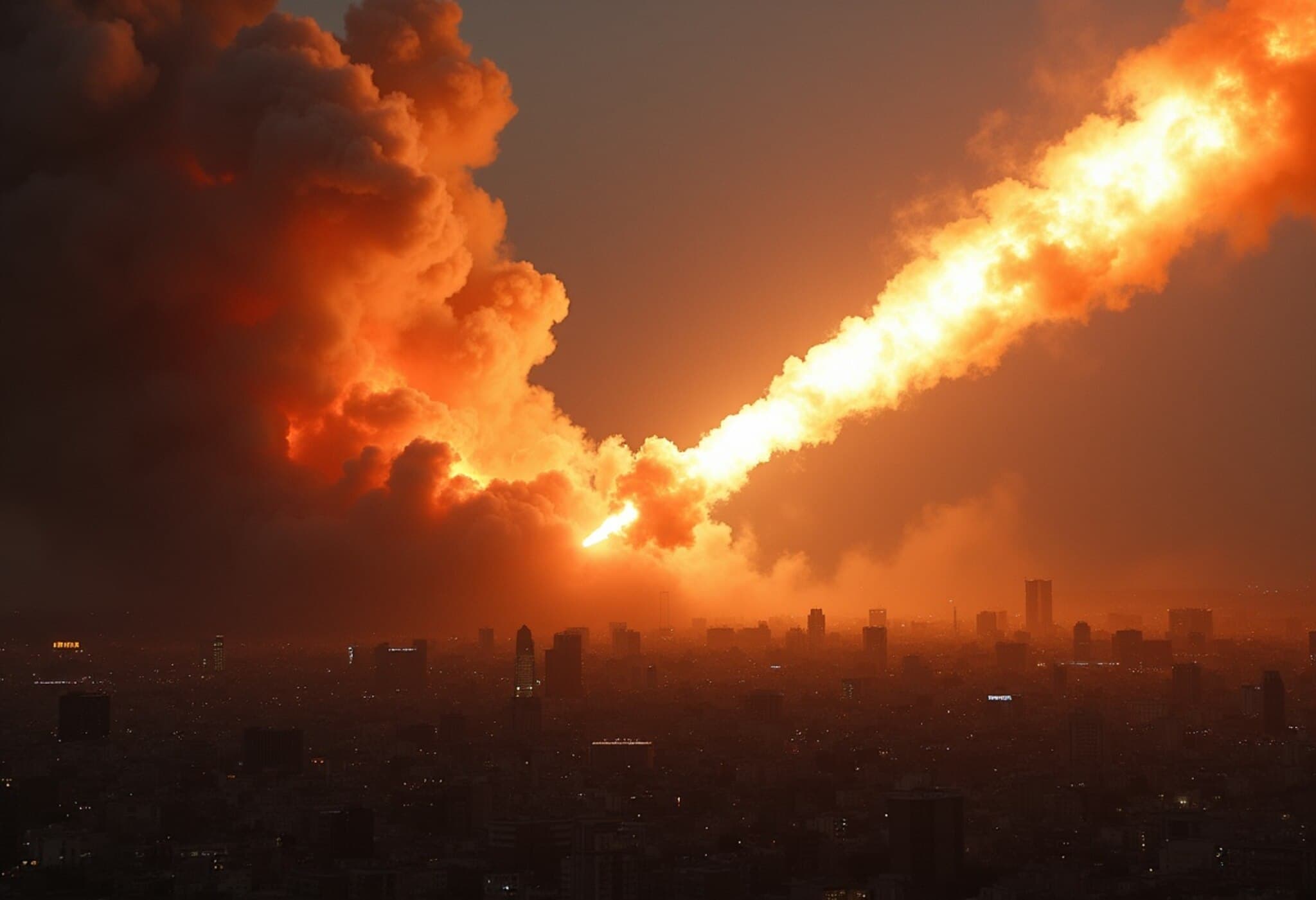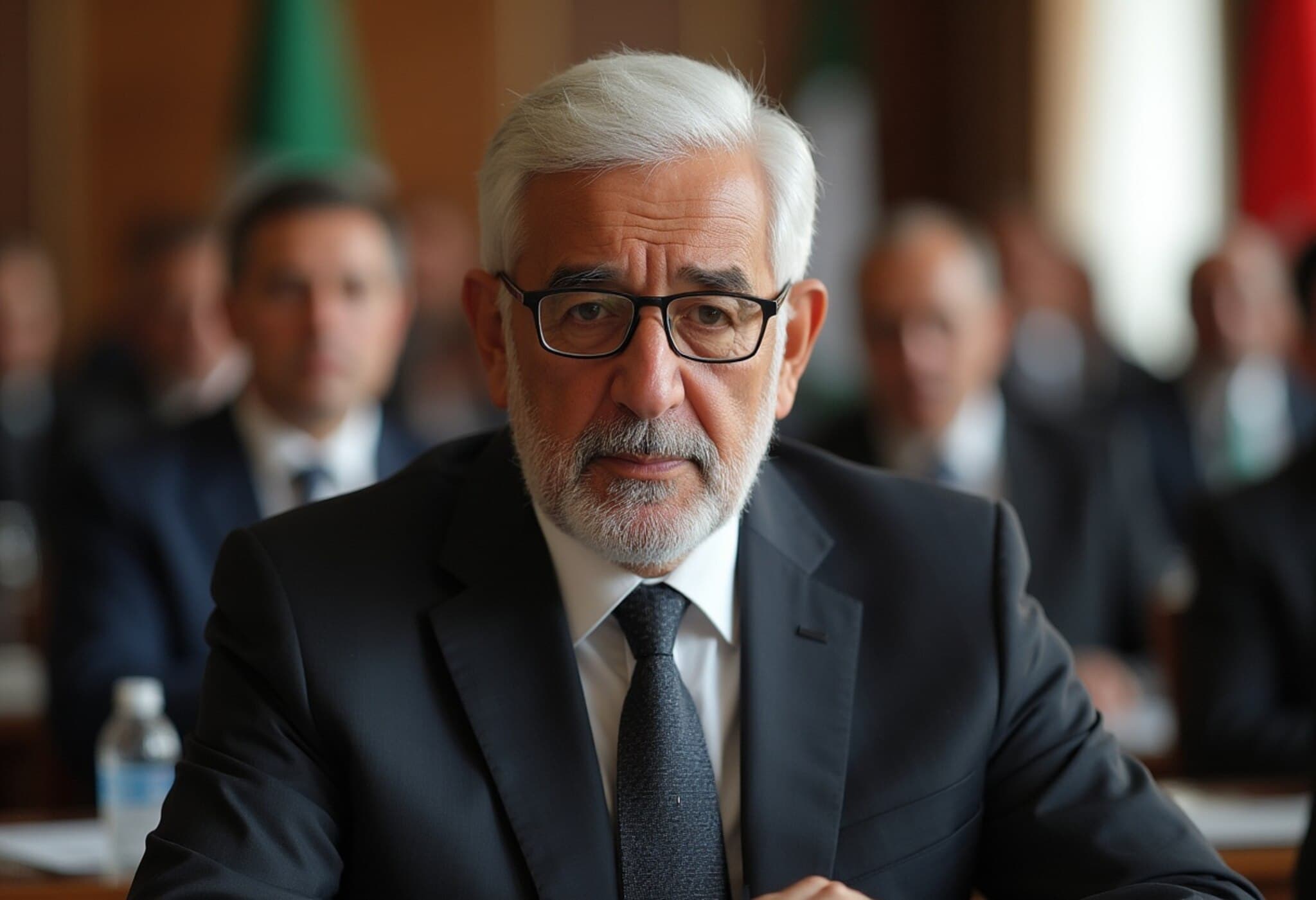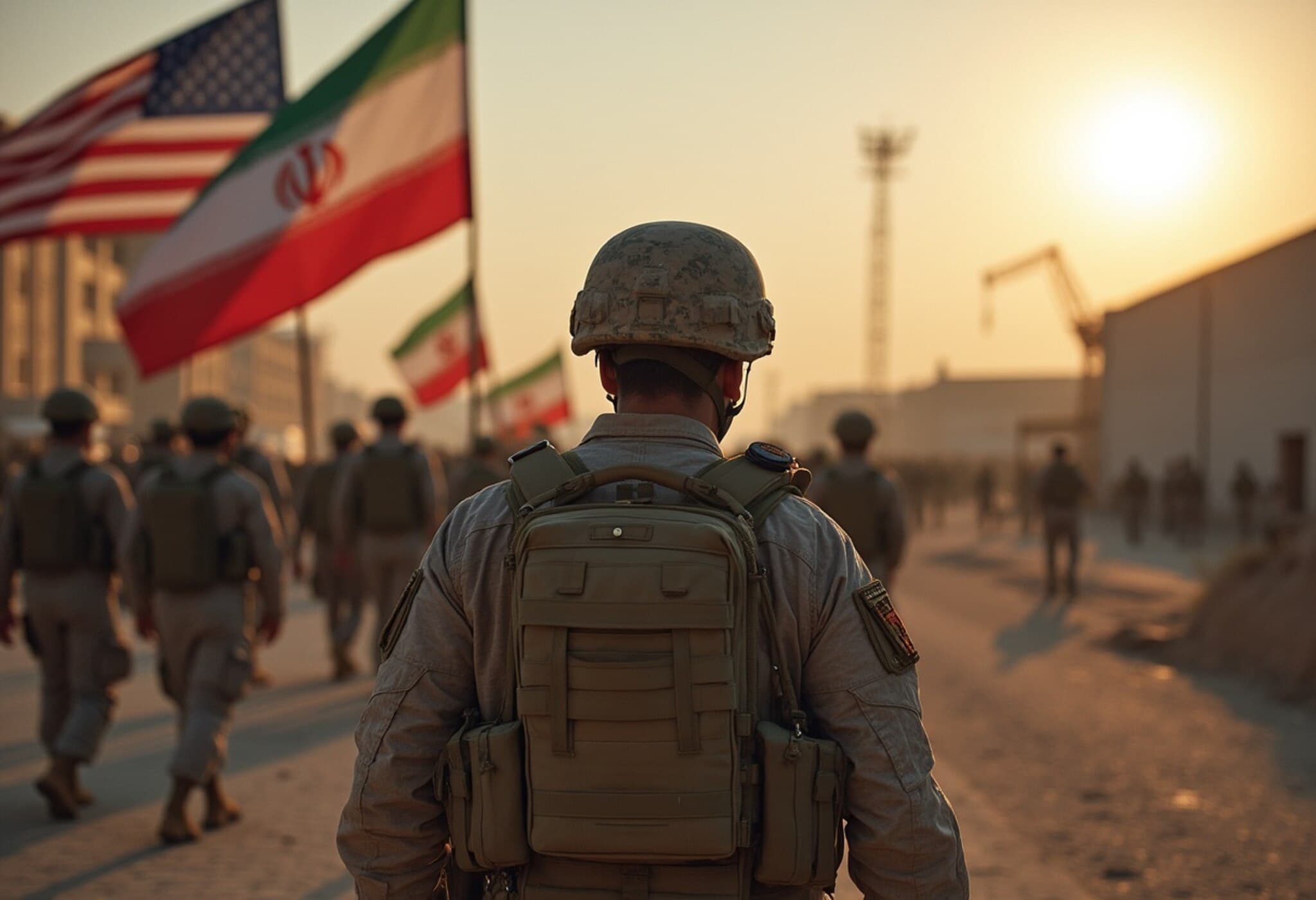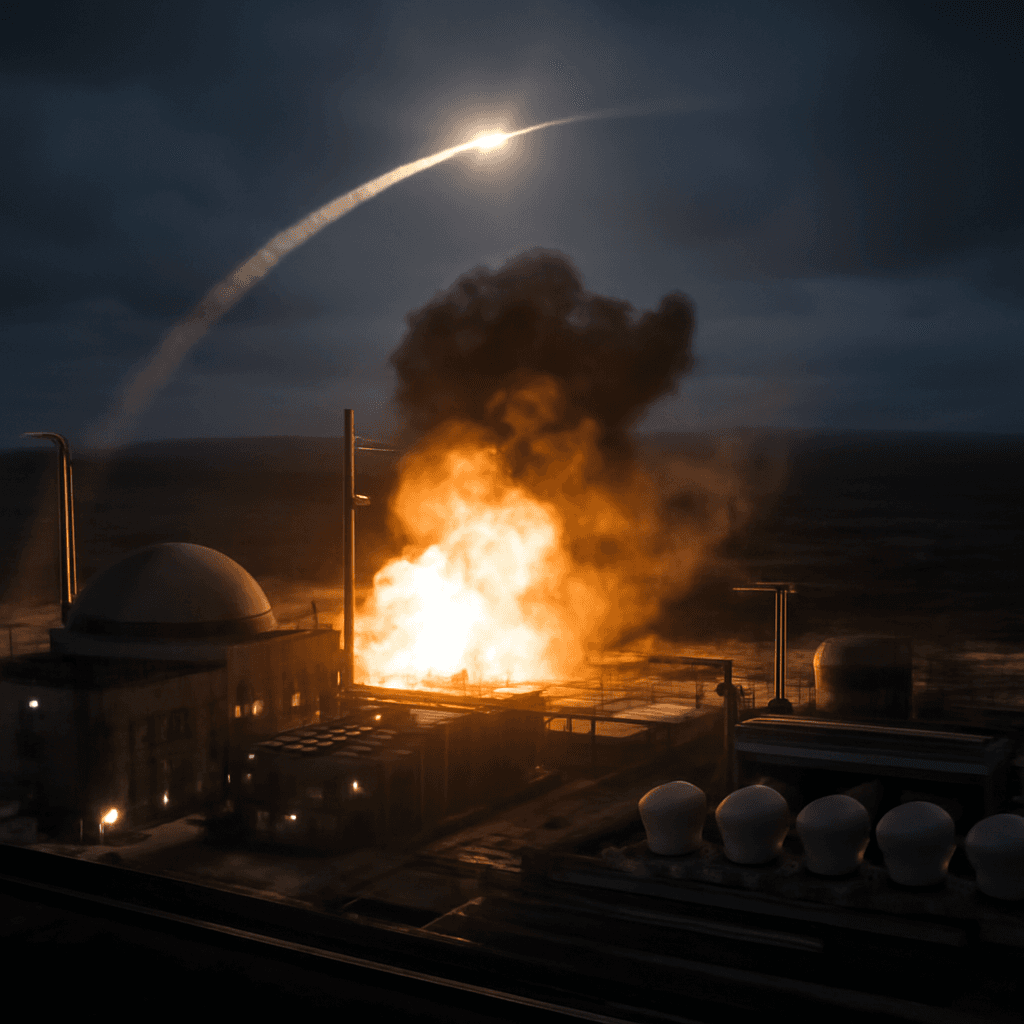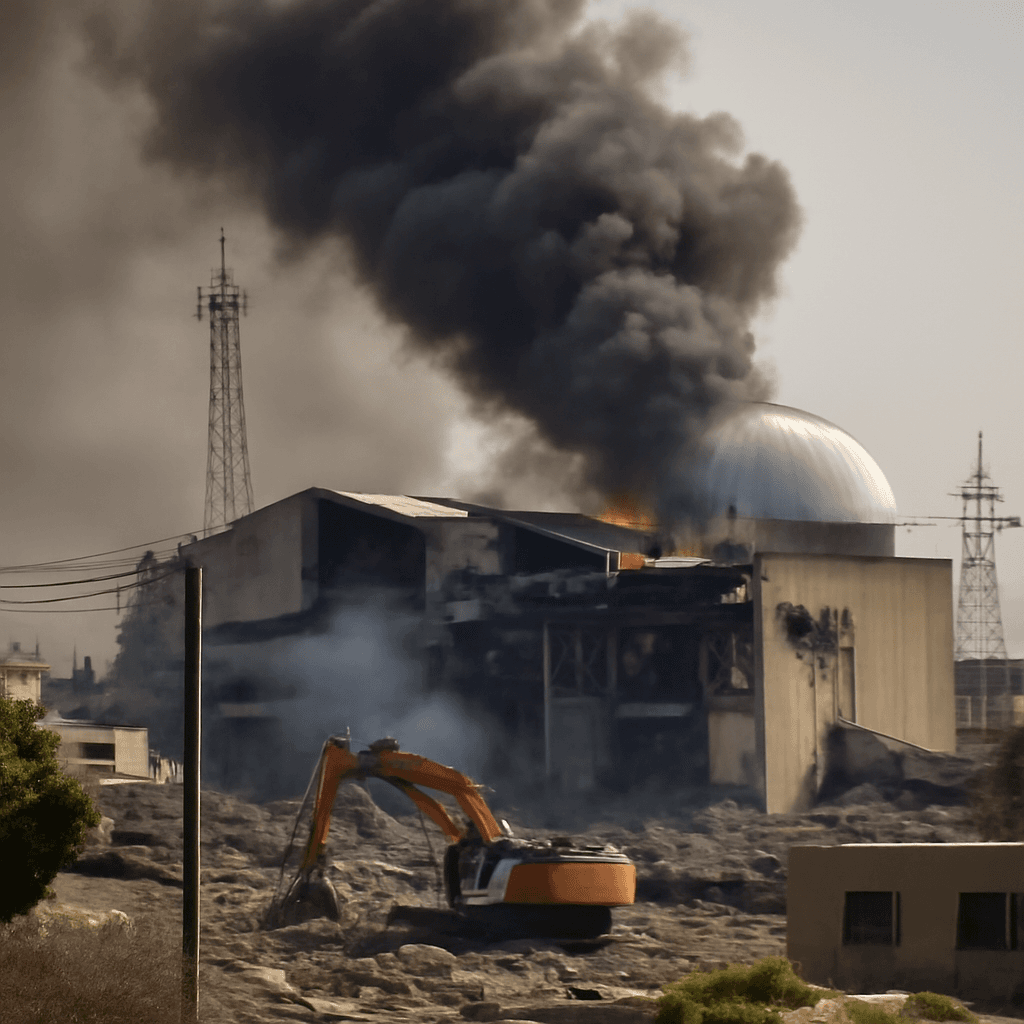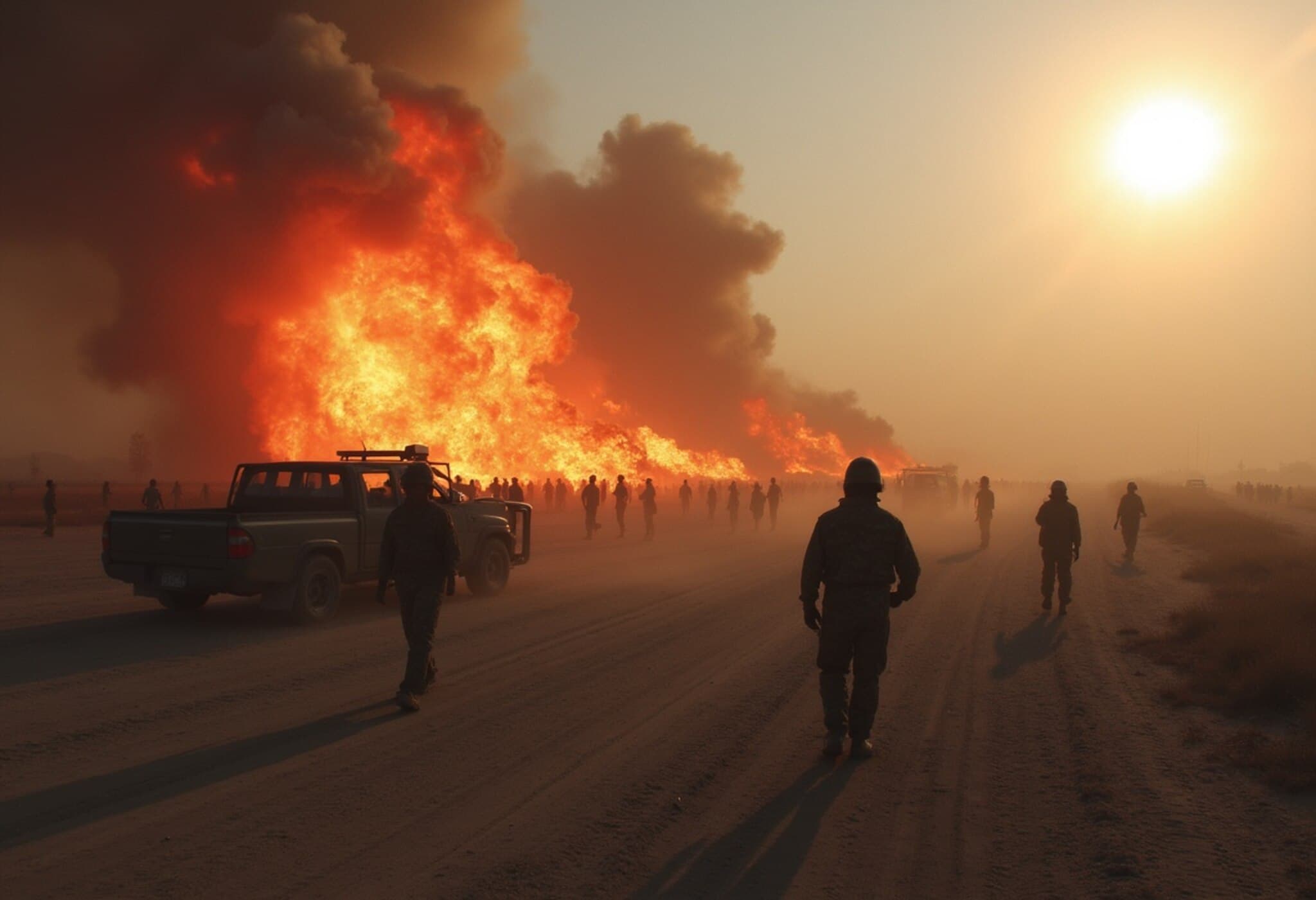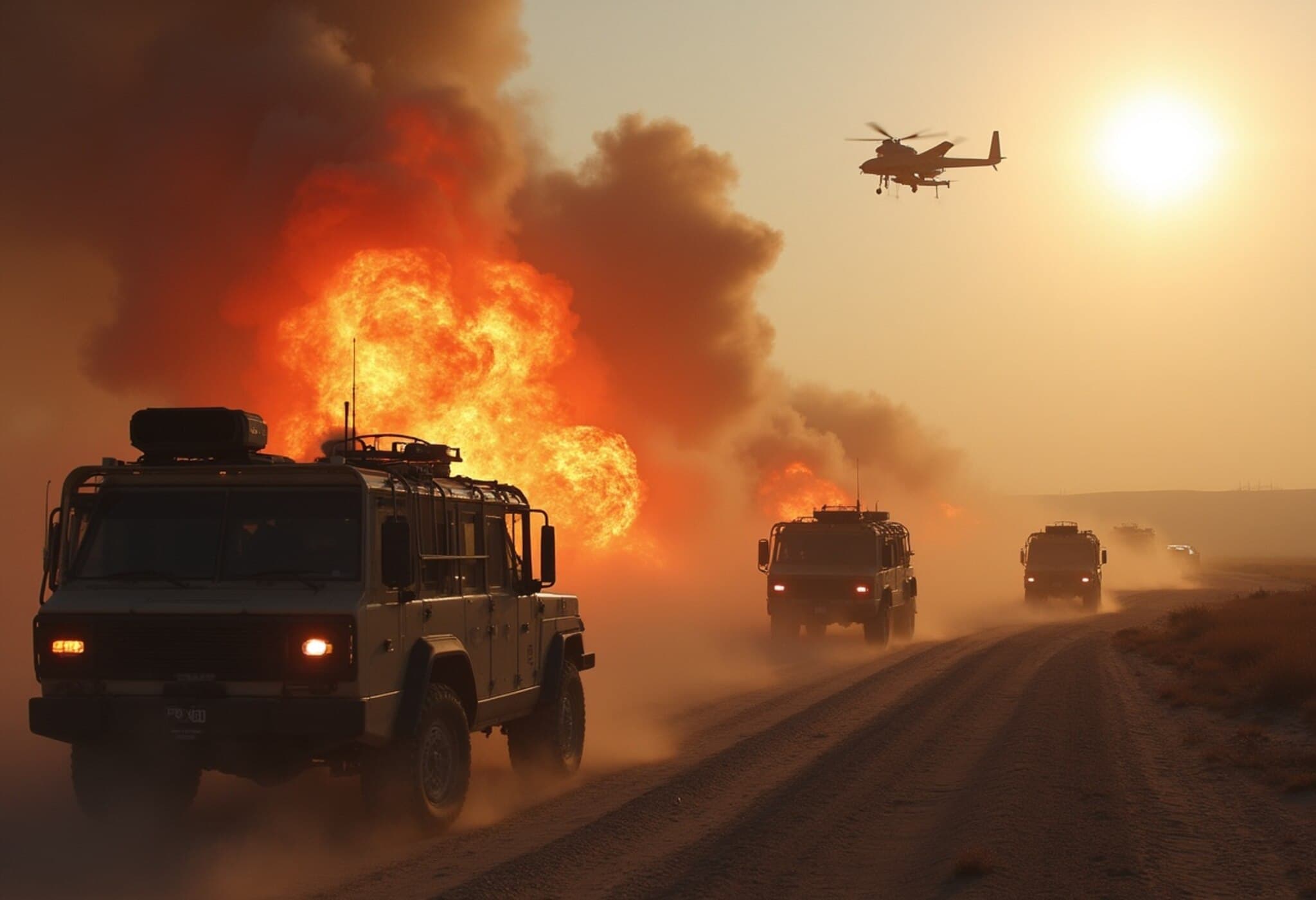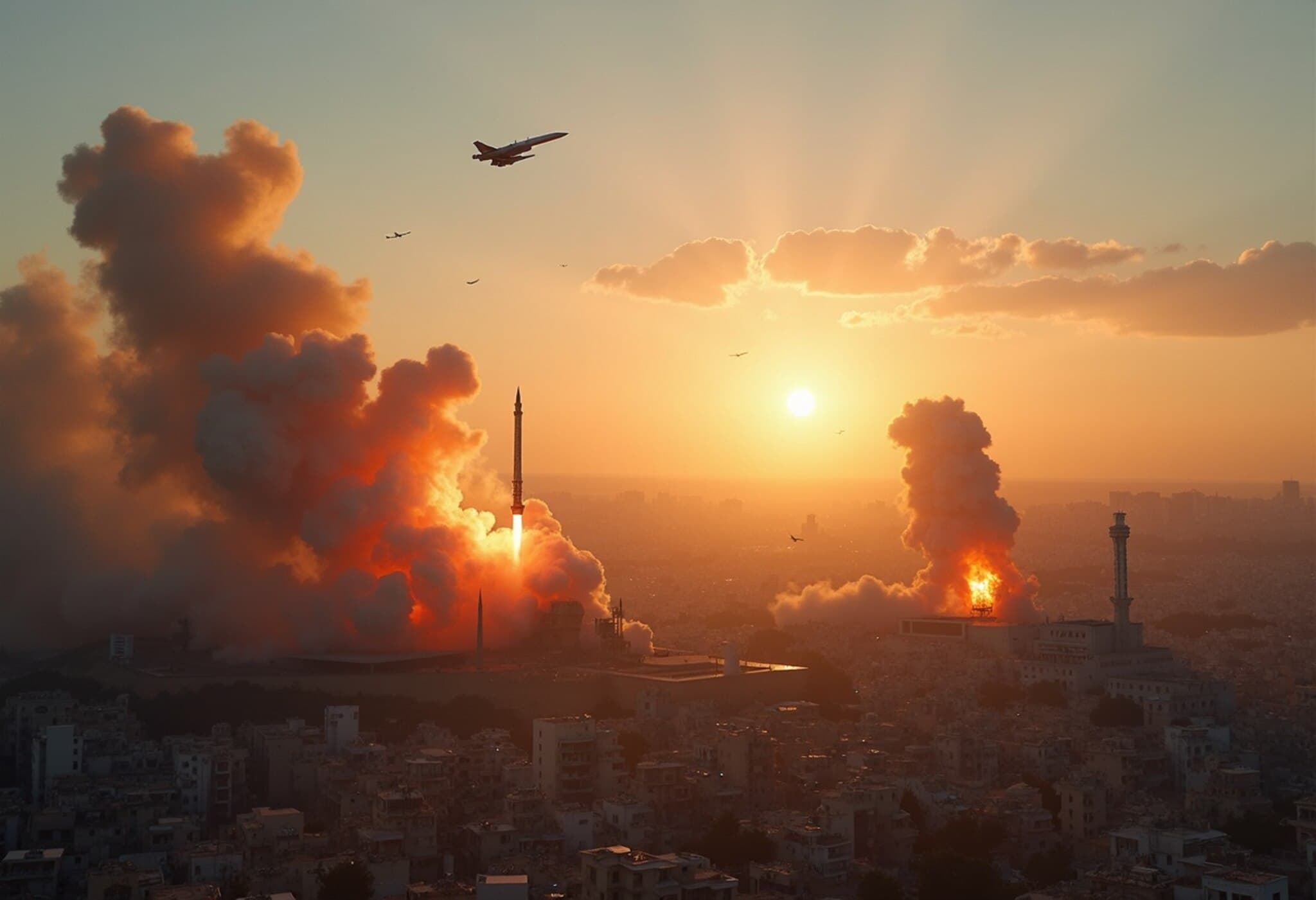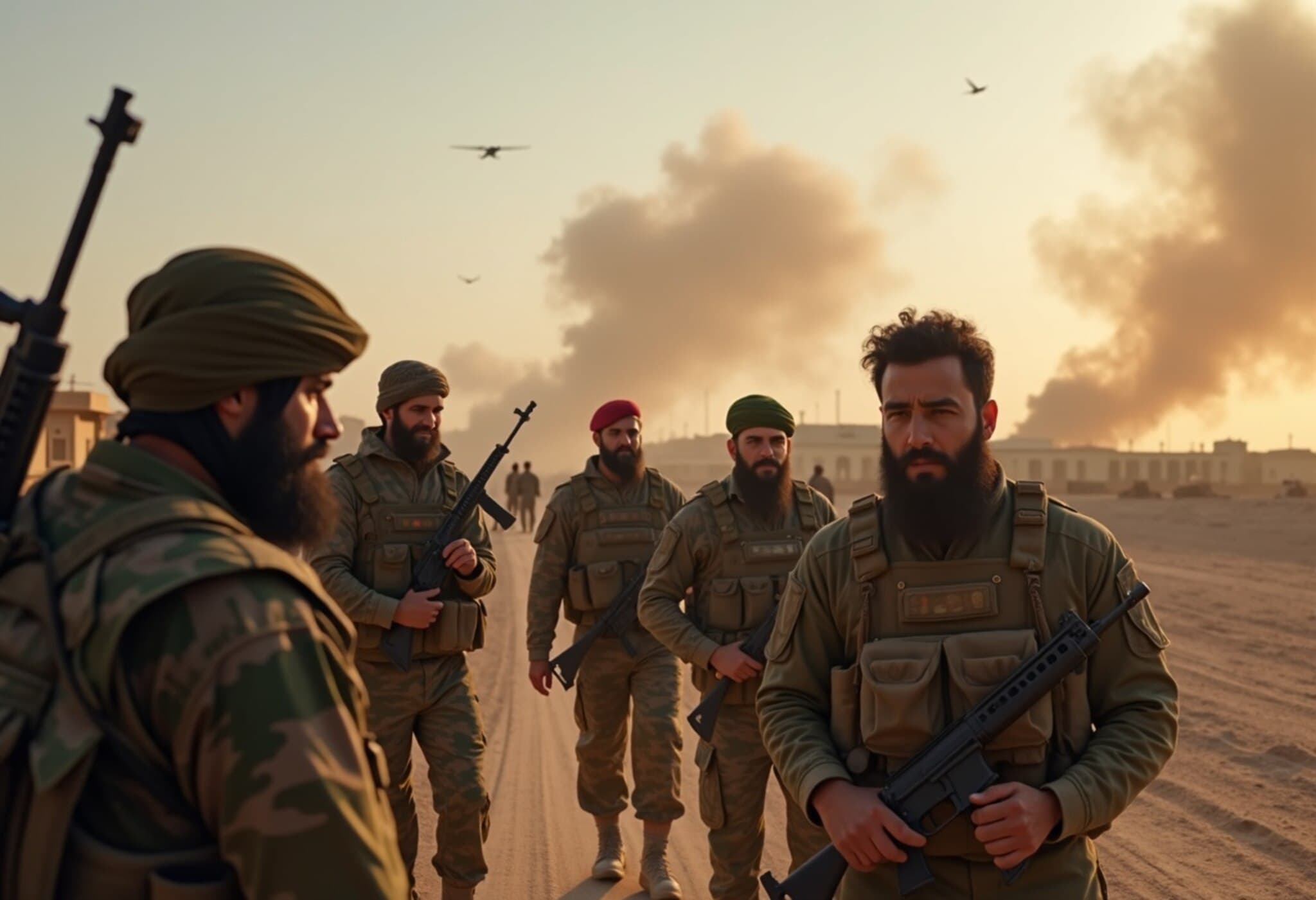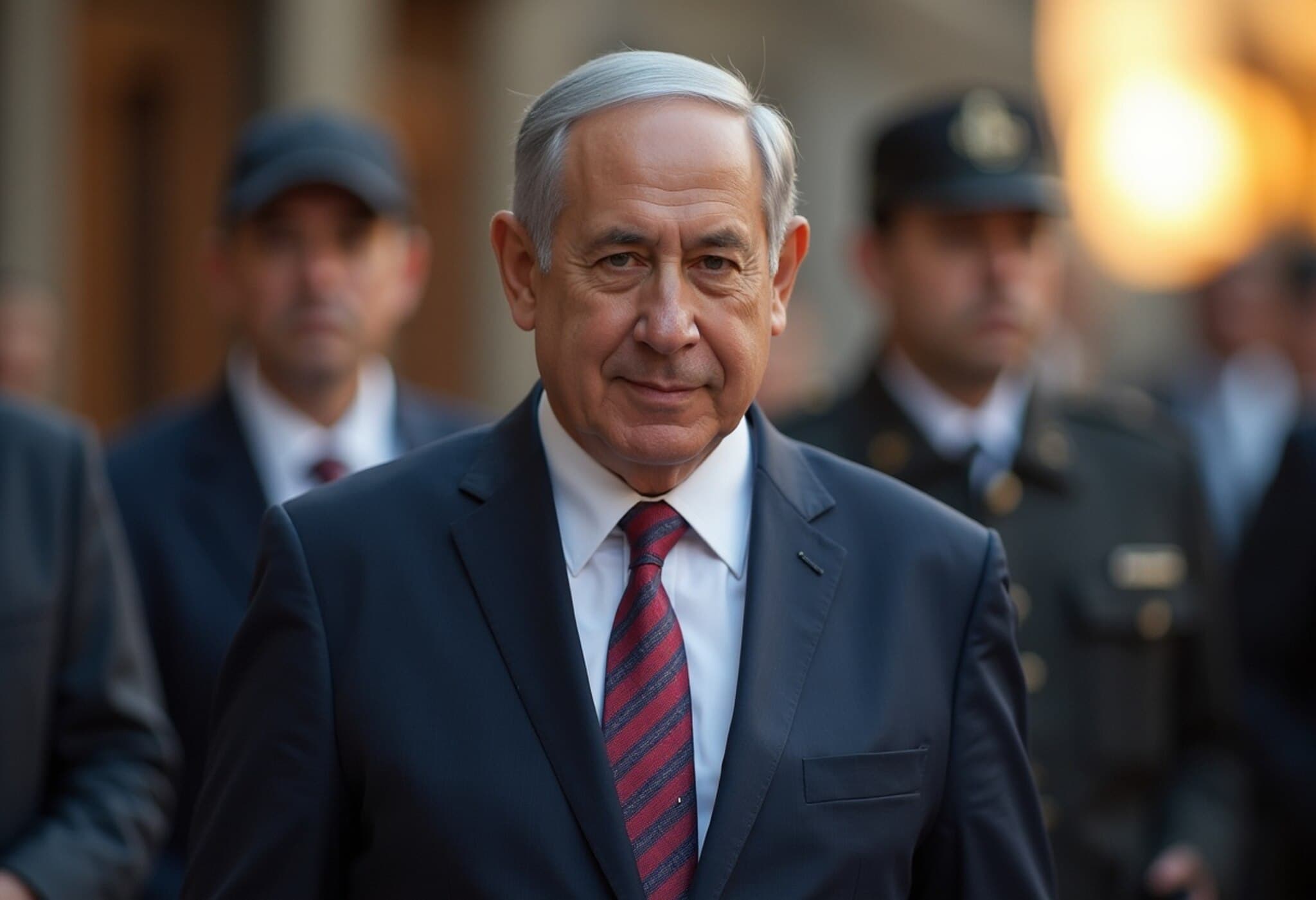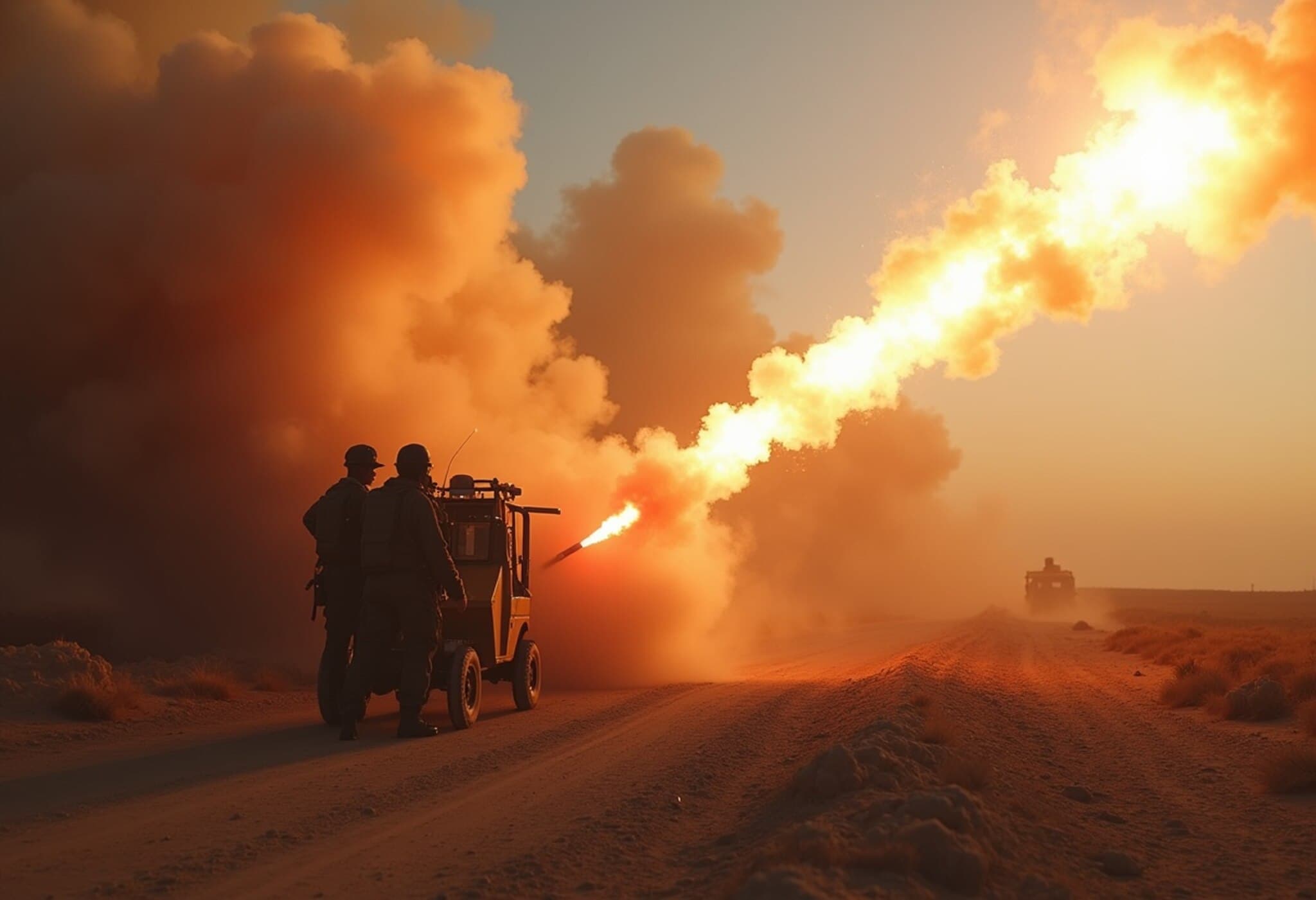Missile Strikes Ignite New Wave of Conflict Between Israel and Iran
Early Saturday, the Middle East saw a surge in violence as missiles crisscrossed the skies over Israel and Iran, intensifying an already volatile situation. Israel launched its largest offensive in recent history to impede Iran's nuclear ambitions, prompting a fierce retaliatory response from Tehran.
Air Raid Sirens Wail Over Israel's Major Cities
Before dawn, air raid sirens blared across Tel Aviv and Jerusalem, the two largest cities in Israel, sending residents scrambling for cover. The Israeli military announced that its air defense systems were actively intercepting incoming missiles launched from Iran.
Missile Barrages and Interceptions
- Dozens of missiles were reportedly fired by Iran towards Israel, with some intercepted mid-flight by Israeli defenses.
- A missile reportedly landed in Tel Aviv, while a loud explosion was heard in Jerusalem. The precise origins—whether Iranian strikes or Israeli countermeasures—remain unclear.
- Rescue operations were underway at several sites where projectiles reportedly fell.
Leadership Exchanges Ramp Up Rhetoric
Israeli Prime Minister Benjamin Netanyahu warned Iran of further military actions, declaring that "more is on the way." In response, Iran's Supreme Leader Ayatollah Ali Khamenei condemned Israel as the aggressor, warning that Tehran’s retaliation would be decisive and far from half-measured.
Explosions and Retaliations in Tehran
Explosions were also reported in Tehran, corroborated by semi-official sources, as Iran launched a third wave of airstrikes following initial attacks on Friday night. These were aimed at Israeli military and nuclear targets and key personnel, including commanders and scientists.
Casualties and Damage Reported
- The Israeli ambulance service confirmed that 34 people sustained injuries in the Tel Aviv area — most were minor.
- One fatality was reported by police following the missile attacks.
International Involvement and Concerns
The United States played a role in intercepting some Iranian missiles targeting Israel, according to officials. Meanwhile, the US President emphasized that Tehran still has an opportunity to cease hostilities by returning to negotiations over its nuclear program.
Risk of Regional Escalation
The ongoing exchanges raise fears of a larger conflict engulfing the region. Despite significant losses inflicted on Iran’s key allies, Hamas in Gaza and Hezbollah in Lebanon, the escalating strikes highlight the fragility of peace and the potential for broader instability.
Key Takeaways
- Early morning sirens in Tel Aviv and Jerusalem sparked mass evacuations as missile alerts sounded.
- Iran fired multiple missiles; some were intercepted by Israeli defense systems.
- Explosions heard in both Tel Aviv and Tehran, escalating tensions.
- Leaders from both countries exchanged stern warnings, signaling intensified conflict.
- Casualties include 34 injured individuals and one confirmed death in Tel Aviv.
- The U.S. assisted in intercepting Iranian missiles, urging diplomacy to end the violence.
- Concerns mount over potential regional warfare despite weakened Iranian proxies.

